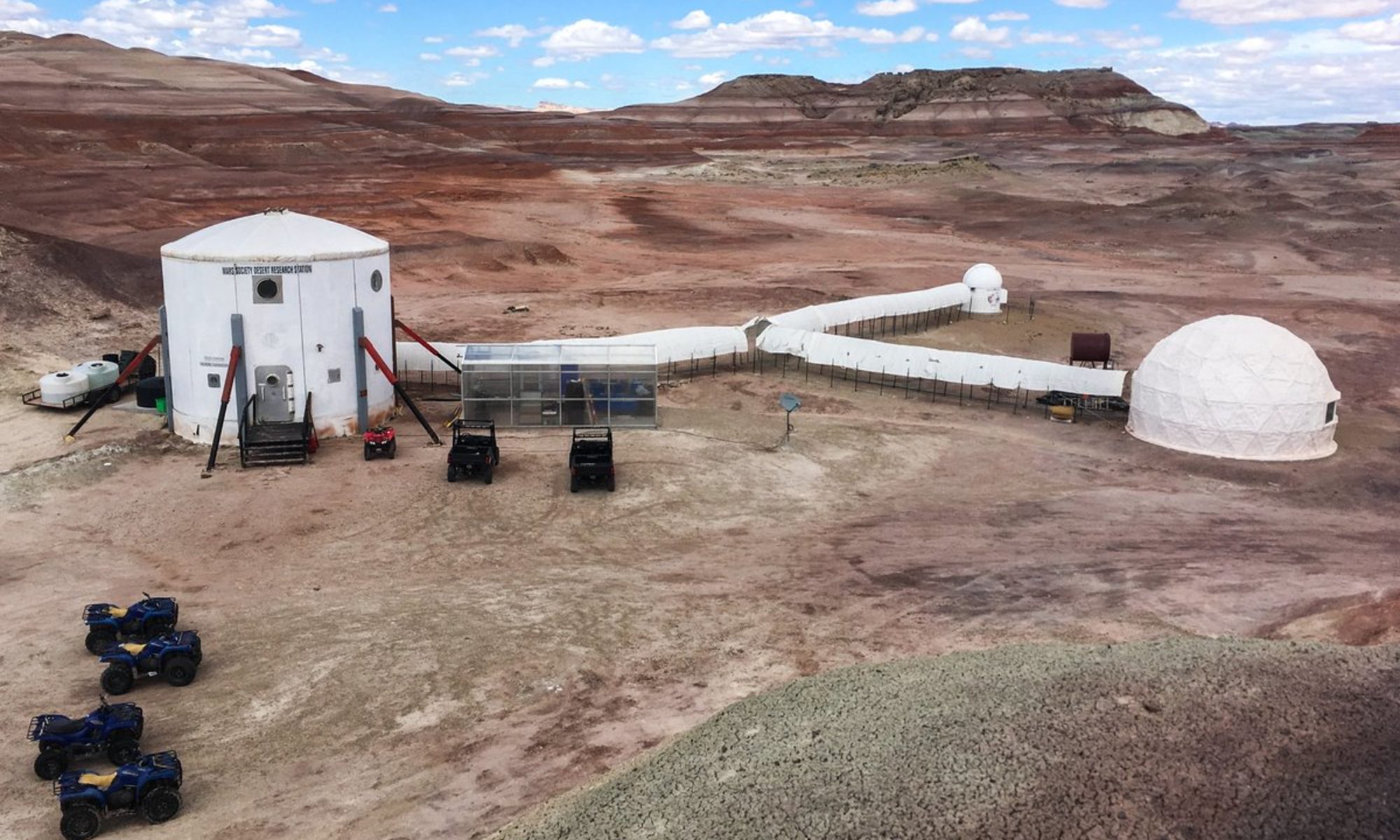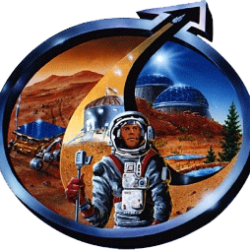Never Tell Me The Odds
““Forget about all the reasons why something may not work. You only need to find one good reason why it will.” – Dr. Robert Anthony
Taking risks often feels scary beyond measure. As biological creatures, we have evolved to be averse to dangerous or stressful situations. In these moments, the sympathetic nervous system activates to speed up our heart rate, deliver more blood to areas of the body that need more oxygen, or other responses to help you get out of danger. Even though this makes complete evolutionarily sense, the situations in which our sympathetic nervous system activates in the 21st century are not exactly the same as the reality of our caveman ancestrals.
For that reason, our crew’s Health and Safety Officer, Spy, has been tracking our vitals since before our mission and we’ve been quantifying stressful, scary and physically demanding situations for months now. That includes delivering important presentations to our labs, taking much-anticipated final exams, and even standing in line without knowing what to order while people are impatiently waiting for us (maybe they could also relax their sympathetic nervous systems a bit!) On Mars, however, our fears are much more real, and our sense of danger is always a valuable ally… Or is it?
In order to better address potential dangers while on an EVA, Mr. FixIt worked today on an integrated assembly of sensors for spacewalk life support. Through a CO2 and a temperature sensor, the readings obtained could be displayed inside our helmets when critical levels are reached, through a blinking LED. Eventually, this technology could even evolve into an hologram-like concept, where the visors tell us about the levels in the form of Augmented Reality. Sign me up for my Iron Man spacesuit, please.
Not every source of stress here, though, is the Roman God of War’s incessant attempt to kill us. Beyond astronauts, we are humans, which means that we are still subjects to the tricks of our biology. That is perhaps one of our greatest weaknesses, where sleep deprivation from overworking (or a lack of showering for many days), for instance, can further boost our inability to think clearly. In an environment like this, then, it is only natural that we doubt ourselves and our capability to complete our mission. After all, no matter how qualified we are, the challenges of Mars can be a lot for anyone.
Our Commander, Messiah, has felt these struggles twice in a row now, as his research pivoted from the one he conducted last year in Crew Phobos. His objective was to create a source of energy from Martian soil, but for the previous crew, his approach was based on Silicon. You already know how science works by now: even though last time his equipment was not powerful enough to craft solar cells from this source, his research now has been showing promising results with iron and hematite. Today, he managed to get another 0.7 V of electric voltage using promising samples from our EVAs, proving once again that his doubts are nothing compared to his capabilities.
Personally, I have felt like my research project on the DRONE has had several complex checkpoints to overcome, before and during the mission: understanding how a LIDAR, drone and Raspberry Pi work; writing software from scratch for each of these systems; assembling together cables and devices while keeping the weight under a mere kilogram; the list goes on. Today in Sol 11, however, I would experience a specially decisive moment, since we would only get one more chance to collect data on our EVA, and the GPS and IMU sensors were malfunctioning until this morning. In fact, as the 9:15 AM deadline approached, the only sensor that I could really feel working was my own sympathetic nervous system.
There are, nonetheless, techniques that we develop to cope with these circumstances. Here on Mars, our morning routines have been an important source of energy through daily sessions of meditation, yoga, and, of course, coffee. And more importantly, a factor that grounds me is the help of the many people who have supported me throughout this journey, without which none of this would have been possible. Yesterday, past midnight, as Spy and I studied datasheets for the GPS, Mr. FixIt volunteered to venture in his personal freezer called machine shop, where he would solder circuit boards necessary for the code to work. With that incentive, during the night and today before the EVA, I managed to set up the GPS functioning and ready to collect the data. We were ready to roll, and the EVA was completed with nine successful flights that collected valuable data.
Sometimes, our fears, however irrational, can feel truly overwhelming, and we might focus on all the paths in which our goal goes south. Nevertheless, there is only one way of making our ambitious goal successful: manifesting the one path in which we accomplish it, even though we might not know the mechanisms behind it just yet. There might be 14 million paths towards an unsuccessful future, but a single path is all we need. After all, any prize that’s worth having usually requires a risk. Dreaming is great, yes… But accomplishing it – you’ll see it’s much better. Believe it: It’s going to be better than your dreams.
Hermit out.

